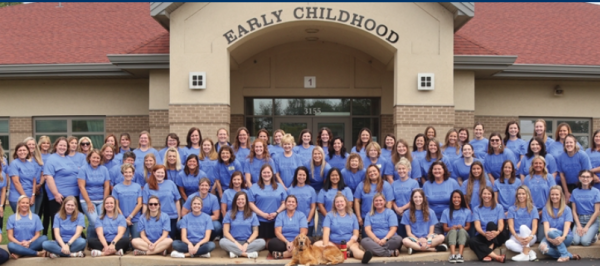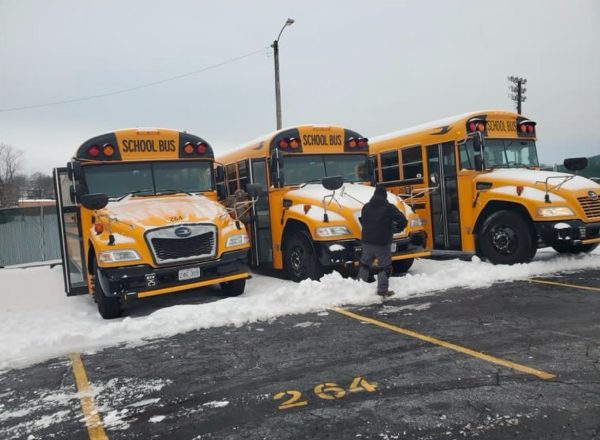Online School Has Impact on Children’s Mental and Behavioral Development
The pandemic has altered students’ lives. They no longer attend school in person and have adjusted to isolated learning away from peers.
In an article, “Impact of Online Learning on Social and Emotional Health of Children,” Desiree Montilla describes how one school district in Albemarle County, Va. keeps elementary students engaged and connected online.
Miles Nelson, one of the counselors at Albemarle County’s Baker-Butler Elementary School, said that young students adjust to all these changes well.
“They adapt in ways people who are older can’t,” Nelson stated. Since online school, Baker-Butler Elementary has seen students learning various communication skills, and new ways of engaging in class.
Nelson explains the ways in which classes can still be interactive and fun. These activities at Baker-Butler include baking cookies all together in class, doing yoga and having lunch with classmates over Zoom.
Educators as well as parents have been contributing to find new and innovative ways to still develop good learning and connective skills while through online school.
Catherine Bradshaw, professor and senior associate dean for research and faculty development at the University of Virginia Curry School of Education said these socialization changes may be tougher for younger students.
Bradshaw believes that because younger students rely on strong physical interaction and, their learning opportunities are weakening. Imperative social skills can most effectively be taught by interacting with classmates, as Bradshaw notes, “How to stop, pull back and learn when they’ve gone a little bit too far.”
Recommending coping strategies with these heavy social changes, Nelson suggests a significant factor is parents. The parents of young children have been faced with helping and guiding their child through this, as well as adjusting to the changes for their child’s learning.
“Parents should follow-up with their children using reassurance, routine, and regulation,” Nelson noted.
Nelson also recommends important comforting words to reassure their child it’s going to be okay, because this can be a scary and difficult time.
In a story shared by a New York news source, called Reopening schools: How online learning impacts child development, written by Amy Neff Roth, elaborates on the impacts childrens’ development in school. Nicole Scienza, internship coordinator for psychology-child life at Utica College, explains that benefits of at home learning are that students can focus on their own pace of learning, as well as develop an independent and less distracted learning space.
Julie Meyers, who works as a childrens’ ministry director, also has a first grade son attending school online. In an interview with Meyers, she explains some of the negative and positive aspects of her son, Jamie doing school online.
Adjusting to a very different routine and structure, Meyers shares what she thinks of the new arrangement of learning.
She states, “We like the new schedule, it gives him more learning time and more breaks throughout the day.”
Meyers also notices that it gets hard for him to sit still and stay focused, but he likes that he’s able to take breaks and relax in his own home.
“After their break, he gets some rest, so he’s calmed down a bit,” she states.
Elaborating on how his distractedness can be maintained, Meyers also states, “Being around his own private space is pretty great for him. I also think he likes his toys and things being so close by.”
It’s difficult to tell when young students will get to experience what a “normal” school day looks like again. As the school year progresses, we will continue facing unknown changes, but schools have found new and various ways of keeping connected, structured, and engaged in consideration of young students’ learning and development.

Layla Weaver is a student writer for Mehlville Media. She is a senior in Journalism II this year and works at TJ Maxx. She enjoys art, music, reading,...






